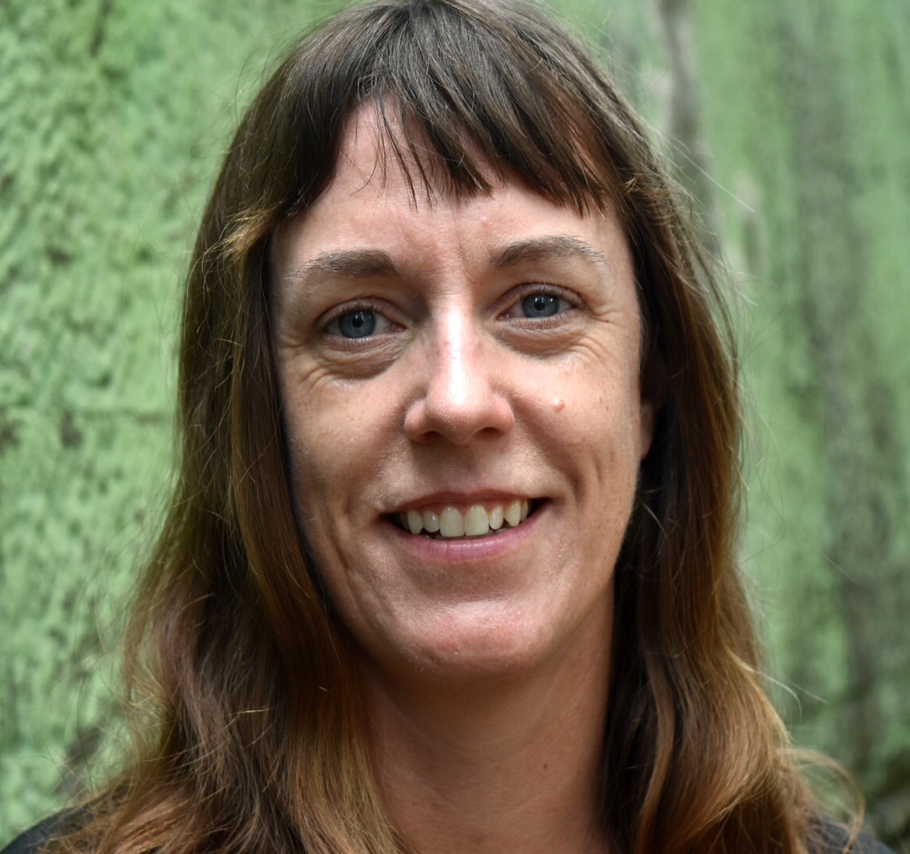When we think of water access issues, environmental security stereotypes might encourage us to assume they only exist in Global South countries. New research headed by King’s Water member Dr. Katie Meehan shows us how these assumptions often hide serious infrastructural injustices where we least expect: in major US cities, for example.

Dr. Meehan’s recent work on US plumbing is revolutionary on many fronts. For starters, she and her colleagues chose to publish their findings in an open-access PDF report instead of the traditional academic journal or book.
This report, titled Plumbing poverty in U.S. cities: A report on gaps and trends in household water access, details their research looking at US Census data from nearly two decades (2000-2017) to understand plumbing conditions for urban dwellers in the US. Specifically, they aimed to “identify racialised disparities in household water access, compare trends between cities and over time, and point to worsening conditions for urban dwellers, especially renters”.
What they found was that almost 1.1 million people or 460,000 households in the US reported lacking plumbing or piped water. More, not only do most people lacking access live in cities, the worst urban offenders are often some of the wealthiest cities in the US (i.e. San Francisco).
Dr. Meehan and her co-authors have many ideas why “plumbing poverty” prevails and is getting worse in US urban settings. On Twitter she wrote:

These recommendations include measures like restructuring the US Census to better capture plumping poverty by adding and expanding questions about toilets and plumbing. Another recommendation included strengthening renter protections against exploitative housing conditions.
Having safe and reliable access to plumbing is an essential part of maintaining social, economic and environmental well-being globally. Dr. Meehan’s work, therefore, shows us why it’s essential to take a critical look at countries in all regions to ensure this vital human need is realised for all.